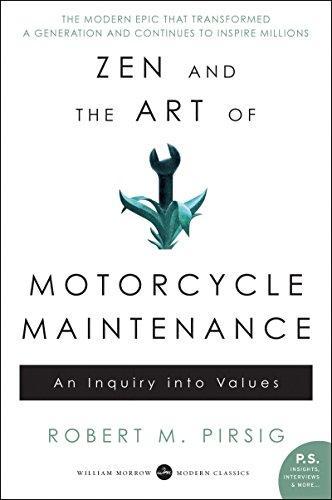Geoff a publié une critique de Zen And The Art Of Motorcycle Maintenance par Robert M. Pirsig
Review of 'Zen And The Art Of Motorcycle Maintenance' on 'Storygraph'
3 étoiles
This book started slow and frustrating but redeemed itself by the end. I’m not a philosophy expert by any stretch of the imagination but I found Part 3 engaging and thought provoking.
Part 1 felt, to me, marred by a sort of narcissism that was grating. Both the narrator and the author felt a bit like a “well actually” reply guy except instead of one exhausting tweet, he wrote a whole book.
At one point the narrator describes a time when he felt seen and accepted as his true self, and it was when he stood at the head of a classroom and everyone hung on his every word. This is revealing.
But like I said, although this narcissism never went away, and the narrator remains, to me, deeply unlikable, the philosophy of the later parts drowns it out and it becomes worth reading.


